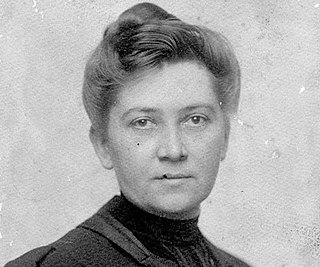A Quote by Sissela Bok
Three sorts of goods, Aristotle specified, contribute to happiness: goods of the soul, including moral and intellectual virtues and education; bodily goods, such as strength, good health, beauty, and sound senses; and external goods, such as wealth, friends, good birth, good children, good heredity, good reputation and the like.
Related Quotes
We must not cast away riches which can benefit our neighbor. Possessions were made to be possessed; goods are called goods because they do good, and they have been provided by God for the good of men: they are at hand and serve as the material, the instruments for a good use in the hand of him who knows how to use them.
What we're talking about is the price of goods, all goods, in terms of money. That has nothing to do with unemployment, except for the fact that you get fewer goods. And when you have more money and fewer goods, the amount of dollars per good goes up. It goes up because there are fewer goods and it goes up because there is more money.
The disciple of Jesus gives up all he has, all his goods, because he has found in him the greatest Good from which every other good receives its full value and meaning: family bonds, other relationships, work, cultural and economic goods and so on... The Christian detaches himself from everything and rediscovers all of it in the logic of the Gospel, the logic of love and service.
But then in what way are things called good? They do not seem to be like the things that only chance to have the same name. Are goods one then by being derived from one good or by all contributing to one good, or are they rather one by analogy? Certainly as sight is in the body, so is reason in the soul, and so on in other cases.
Happiness, whether consisting in pleasure or virtue, or both, is more often found with those who are highly cultivated in their minds and in their character, and have only a moderate share of external goods, than among those who possess external goods to a useless extent but are deficient in higher qualities.
I see the liberty of the individual not only as a great moral good in itself (or, with Lord Acton, as the highest political good), but also as the necessary condition for the flowering of all the other goods that mankind cherishes: moral virtue, civilization, the arts and sciences, economic prosperity.
Without doubt one is allowed to resist against the unjust aggressor to one's life, one's goods or one's physical integrity; sometimes, even 'til the aggressor's death... In fact, this act is aimed at preserving one's life or one's goods and to make the aggressor powerless. Thus, it is a good act, which is the right of the victim.


































